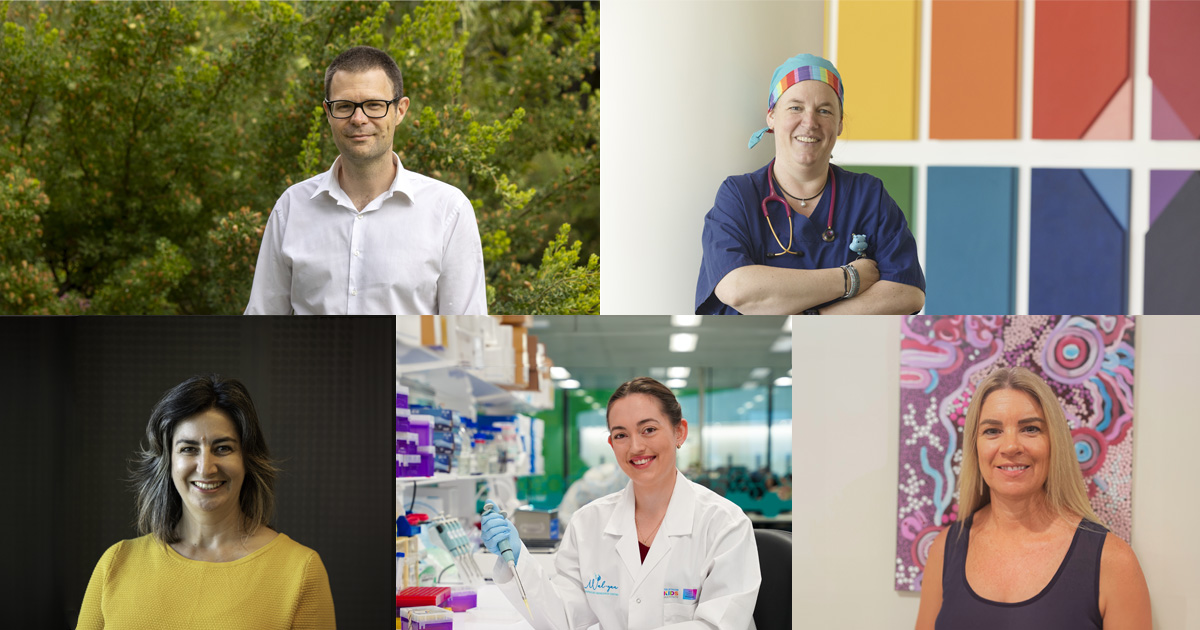Search
Research
Ancestral SARS-CoV-2, but not Omicron, replicates less efficiently in primary pediatric nasal epithelial cellsChildren typically experience more mild symptoms of Coronavirus Disease 2019 (COVID-19) when compared to adults. There is a strong body of evidence that children are also less susceptible to Severe Acute Respiratory Syndrome Coronavirus 2 (SARS-CoV-2) infection with the ancestral viral isolate.
Research
Pre-exposure prophylaxis for HIV prevention during pregnancy and lactation: forget not the women and childrenThe framework for appropriately identifying and managing at-risk pregnant and lactating women requiring PrEP is poorly defined
Research
Genetic Manipulation of Group A Streptococcus-Gene Deletion by Allelic ReplacementAn optimized, rapid method for creating markerless isogenic mutations that combines Gibson assembly cloning with a new temperature-sensitive plasmid, pLZts
Research
CASSETTE-clindamycin adjunctive therapy for severe Staphylococcus aureus treatment evaluation: Study protocol for a randomised controlled trialThis study will assess the effect of adjunctive clindamycin on patient-centred outcomes in severe, toxin-mediated S. aureus infections
Research
Nasal delivery of a commensal Pasteurellaceae species inhibits nontypeable Haemophilus influenzae colonisation and delays onset of otitis media in miceWe have demonstrated that a single dose of a closely related commensal can delay onset of NTHi otitis media in vivo
Research
Missing Piece Study protocol: Prospective surveillance to determine the epidemiology of group A streptococcal pharyngitis and impetigo in remote Western AustraliaGroup A β-haemolytic Streptococcus (GAS), a Gram-positive bacterium, causes skin, mucosal and systemic infections. Repeated GAS infections can lead to autoimmune diseases acute rheumatic fever (ARF) and rheumatic heart disease (RHD). Aboriginal and Torres Strait Islander peoples in Australia have the highest rates of ARF and RHD in the world.
Research
Association between convalescent plasma treatment and mortality in COVID-19: a collaborative systematic review and meta-analysis of randomized clinical trialsConvalescent plasma has been widely used to treat COVID-19 and is under investigation in numerous randomized clinical trials, but results are publicly available only for a small number of trials. The objective of this study was to assess the benefits of convalescent plasma treatment compared to placebo or no treatment and all-cause mortality in patients with COVID-19.
Research
Addressing normalization using culturally relevant approaches: An important adjunct to reducing the burden of impetigo and scabiesImpetigo, a bacterial infection caused by Streptococcus pyogenes and S. aureus of the superficial dermis affects up to 162 million children at any one time. Three out of every five school-children in Samoa have active or recently healed impetigo, far higher than the global median impetigo prevalence surpassing previous estimates for the Oceania region.
Research
Progress towards a coordinated, national paediatric antimicrobial resistance surveillance programmeThese data support that children are not just 'little adults' in the AMR era, and analyses by age group are important to detect differences in antibiotic susceptibility

News & Events
The Kids researchers named as finalists in 2023 Premier’s Science AwardsFive The Kids Research Institute Australia researchers working across diverse and highly impactful areas of child health research have been named as finalists for the 2023 Premier’s Science Awards.
